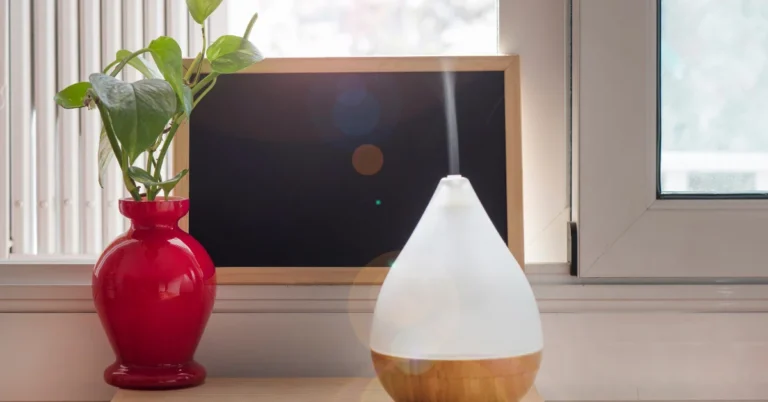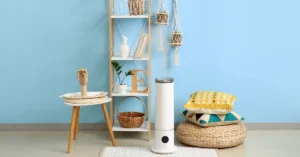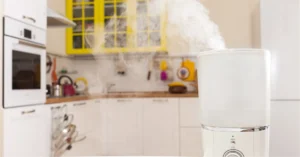We’ve all been there—walking across a room, touching a door handle, and feeling that annoying zap of static electricity. If you’ve been dealing with constant static shocks, especially in the colder months or in dry environments, you might be wondering: Does a humidifier help with static?
You might be surprised to know that the answer is yes! A humidifier can play a key role in reducing static electricity by adding moisture to the air. But that’s not all. Humidifiers come with a variety of unexpected benefits—from helping with respiratory issues like COPD to creating the perfect environment for your houseplants to thrive. Let’s dive into how this simple device can do so much more than just add humidity.
How Does a Humidifier Help with Static Electricity?
If you’ve ever wondered why static electricity seems worse in the winter or in dry environments, the answer lies in the moisture—or lack of it—in the air. Static electricity occurs when two objects build up an electrical charge and then discharge it when they come into contact. This is much more common in dry air because there’s less moisture to carry the electrical charge away.
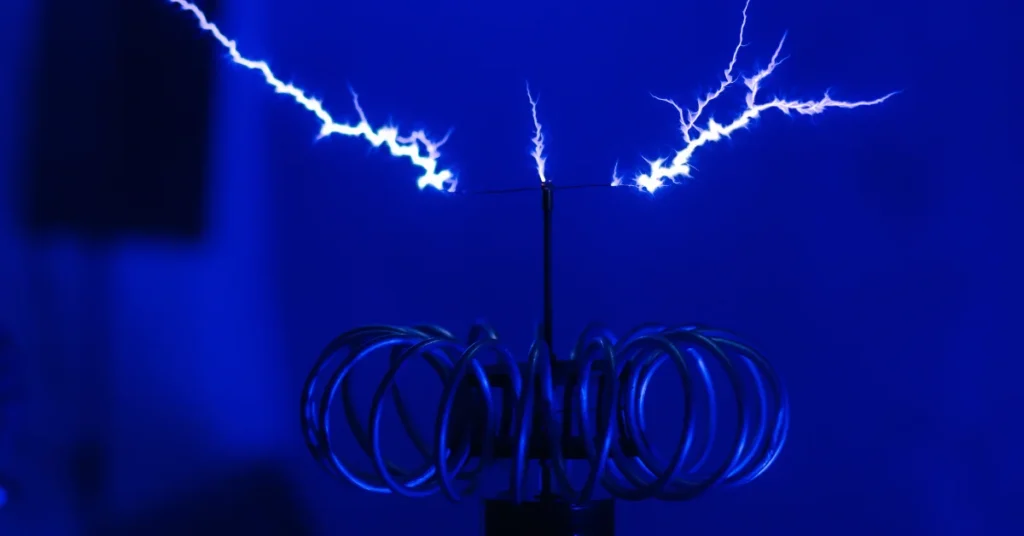
So, how does a humidifier help?
By adding moisture to the air, humidifiers create a more balanced environment. Water vapor in the air helps neutralize the electrical charges that cause static. When the air in your home reaches a higher humidity level (around 40-50%), static electricity becomes much less noticeable. This is especially helpful in colder months when heating systems can dry out the air, making static even worse.
Imagine the difference: instead of sparking every time you touch something, you’ll enjoy a more comfortable (and shock-free!) environment. But reducing static is just one of the many perks of using a humidifier.
Health Benefits of Humidifiers (Including COPD Relief)
Humidifiers aren’t just helpful for static electricity—they can also make a big difference in your overall health, especially if you suffer from respiratory issues like COPD (Chronic Obstructive Pulmonary Disease). Let’s explore how.
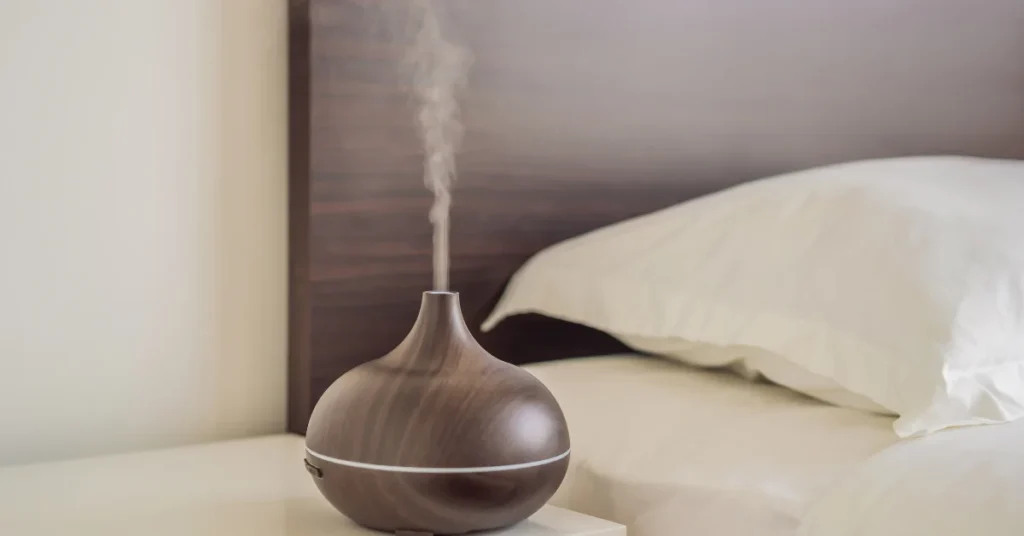
Humidifiers and Dry Air Relief
Dry air can be a real enemy for your skin, throat, and lungs. It can cause irritation, exacerbate allergies, and make breathing more difficult, especially during winter when heaters suck all the moisture out of your living space. Humidifiers add moisture back into the air, relieving dryness in your throat, nasal passages, and even your skin. This can make your home feel more comfortable and your breathing easier.
COPD and Humidifiers: What You Need to Know
For those dealing with COPD or other respiratory conditions, keeping the air properly humidified is crucial. Dry air can make breathing more difficult for COPD sufferers by irritating their airways. A humidifier helps maintain an optimal level of moisture in the air, reducing coughing and shortness of breath.
But here’s a word of caution: Over-humidification can create an environment for mold or bacteria growth, which can worsen respiratory symptoms. It’s important to keep your humidifier clean and monitor the humidity levels to stay within a safe range (around 40-50%).
Humidifiers and Plant Care: Do They Really Help Plants?
If you’re a plant lover, you probably already know that houseplants thrive in environments with the right amount of humidity. Many indoor plants, especially tropical varieties like ferns, peace lilies, or fiddle leaf figs, love humidity. Unfortunately, the dry air inside most homes, especially during winter, can leave your plants thirsty for moisture.
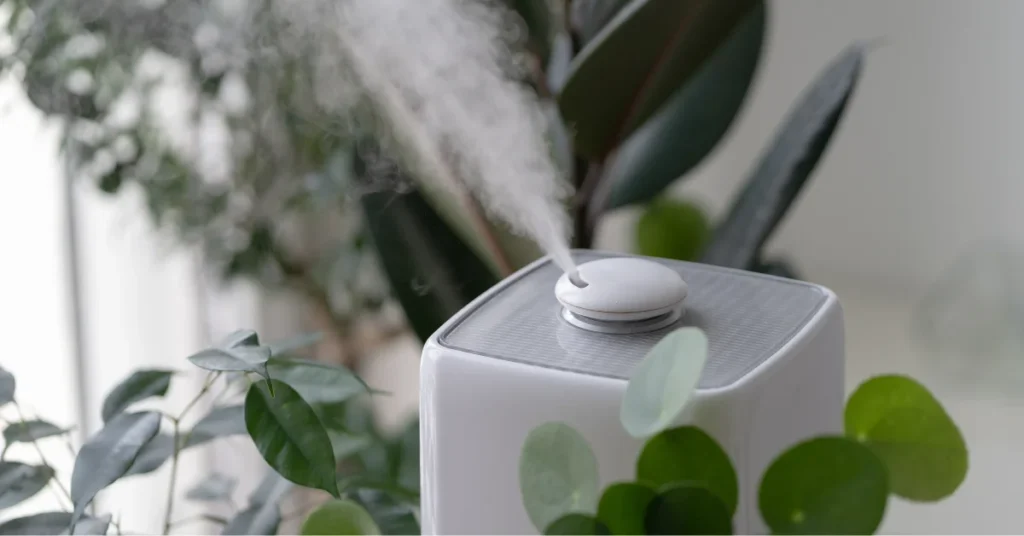
How Humidifiers Benefit Your Plants
Dry air can cause your plants to wilt, develop brown edges on their leaves, or stop growing altogether. This is where a humidifier comes in. By adding moisture to the air, you can mimic the natural humidity of your plants’ native environments, helping them stay lush and vibrant.
Here’s how humidifiers help:
- Healthier Leaves: Preventing dry, crispy edges that appear when humidity is too low.
- Better Growth: Plants tend to grow better when they receive the right humidity, leading to fuller, greener leaves.
- Improved Flowering: For plants that bloom, maintaining humidity can encourage healthier flowers and more frequent blooming.
A good rule of thumb is to aim for a humidity level of around 50-60% for your indoor plants. Not only will your plants love it, but the added moisture can make your home feel more comfortable, too!
Other Surprising Benefits of Humidifiers
Humidifiers aren’t just about reducing static electricity or helping your plants thrive—they come with several other unexpected perks that can improve your home environment. Let’s dive into a few surprising benefits you might not have thought about.
Does a Humidifier Purify the Air?
While a humidifier can improve air quality by adding moisture, it doesn’t directly purify the air. Humidifiers don’t filter out dust, pollen, or pollutants. However, they can be used alongside an air purifier to help reduce allergens and dust particles that tend to float more freely in dry air. So, while a humidifier won’t purify the air, it can make the environment feel fresher by improving the air’s overall moisture content.
Can a Humidifier Reduce Heat or Cool a Room?
Here’s a common misconception: people often think that humidifiers cool the air. While humidifiers can make a room feel cooler, they don’t actually reduce the temperature like an air conditioner does. When the air is more humid, your body may cool off faster through sweat evaporation, making you feel cooler, but the room’s temperature stays the same. In warm mist humidifiers, the opposite effect might happen as they release warm moisture, slightly increasing the warmth in a room.
Does a Humidifier Make a Room Smell Good?
Humidifiers on their own don’t typically affect a room’s scent, but many modern humidifiers have features that allow for essential oils to be added. This means that you can infuse your space with refreshing scents like lavender, eucalyptus, or citrus, creating a more pleasant atmosphere. Be mindful to use a humidifier that’s designed for aromatherapy, as not all are built to handle oils.
Can a Humidifier Replace an Air Conditioner?
While both a humidifier and an air conditioner improve indoor comfort, they serve entirely different purposes. Let’s break down what each does and why a humidifier can’t replace an air conditioner, but can still complement it.
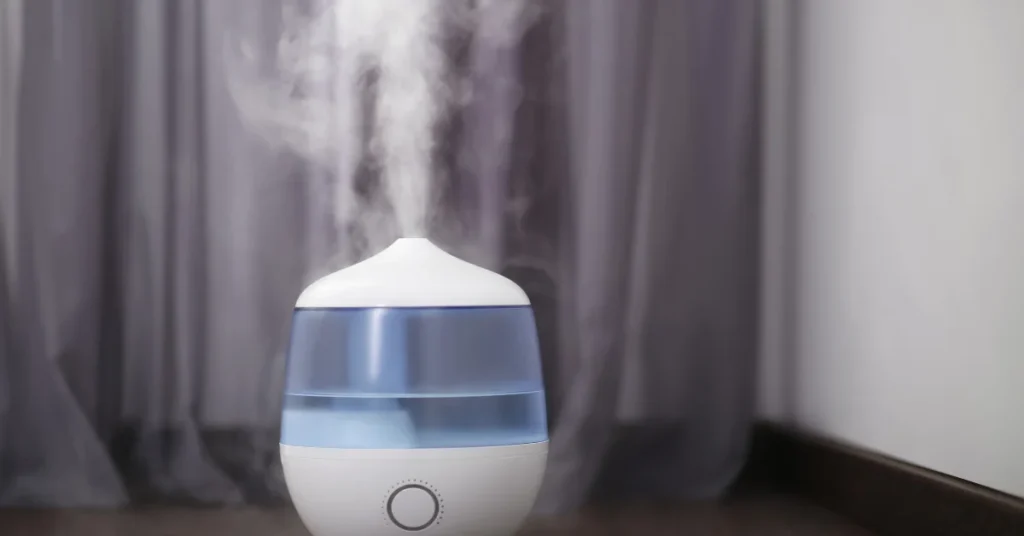
Humidifier vs. Air Conditioner: What’s the Difference?
- Humidifiers: These devices add moisture to the air. Their primary function is to combat dry air and its side effects, such as static electricity, dry skin, and respiratory issues. While they can make a room feel a bit cooler by increasing humidity, they don’t lower the actual temperature.
- Air Conditioners: These systems are designed to cool a room by removing heat and humidity from the air. They work by circulating cold air and drawing out moisture, which is why they’re ideal for hot, humid climates.
How Humidifiers and Air Conditioners Can Work Together
Instead of viewing humidifiers and air conditioners as alternatives, think of them as complementary tools. An air conditioner can make a room more comfortable by cooling it down, but it can also dry out the air. A humidifier helps maintain a comfortable humidity level, preventing your air from getting too dry while the AC runs.
For optimal comfort, it’s best to use both: the air conditioner for cooling and the humidifier to add the right amount of moisture, creating a balanced and comfortable living environment.
Choosing the Right Humidifier for Your Needs
Now that you’re sold on the benefits of a humidifier, it’s time to choose the right one for your home. With so many options out there, picking the right humidifier can feel overwhelming. Let’s break down the different types and features so you can make the best choice for your needs.
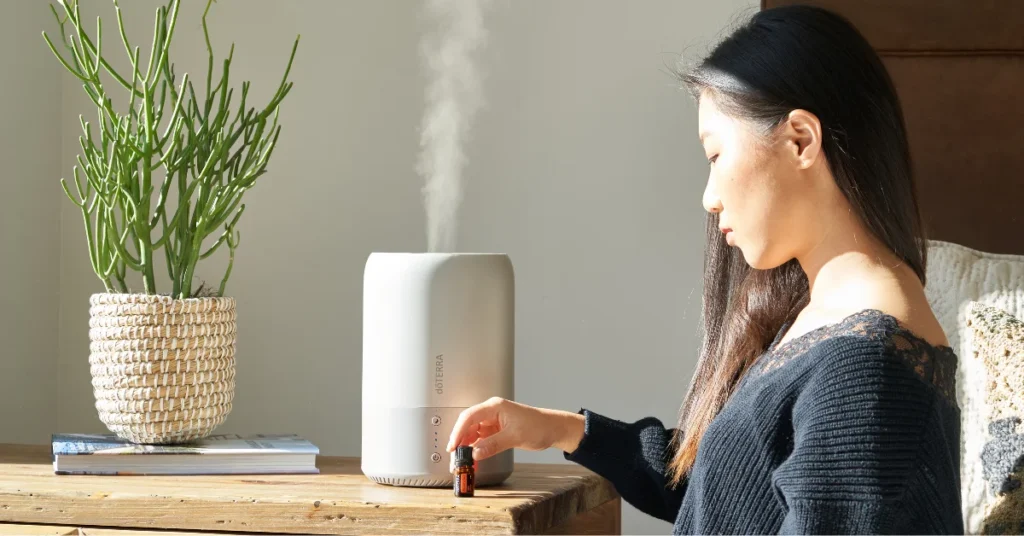
Types of Humidifiers
- Cool Mist Humidifiers: These are great for adding cool moisture to the air, making them ideal for year-round use, especially in warmer climates. They can also help reduce static electricity and keep your plants and skin hydrated.
- Warm Mist Humidifiers: These devices release warm steam and are perfect for colder months. They can slightly increase room temperature, offering a cozy atmosphere. They’re also good for soothing symptoms of colds or respiratory issues.
- Ultrasonic Humidifiers: These are the quietest of the bunch, using ultrasonic vibrations to create a fine mist. They’re a great choice for bedrooms or offices where you want a noise-free environment.
- Evaporative Humidifiers: These humidifiers use a fan to evaporate water into the air. They are self-regulating, meaning they won’t over-humidify a room because they stop adding moisture once the air reaches a certain level.
Key Features to Consider
- Room Size: Choose a humidifier that fits your room size. Smaller humidifiers work well in bedrooms or offices, while larger units are better for living rooms or open areas.
- Auto Shut-Off: Look for a model with automatic shut-off when the water runs out. This prevents the humidifier from running dry, which can damage the device.
- Easy Cleaning: To prevent mold and bacteria buildup, you’ll need to clean your humidifier regularly. Pick one with easily removable parts to make cleaning simpler.
Bonus Tips
- If you’re looking for a humidifier that doubles as an essential oil diffuser, make sure it’s designed to handle oils without damaging the machine.
- Consider getting a hygrometer to measure the humidity level in your room. Ideally, you’ll want to maintain a humidity level between 40-50% for optimal comfort.
Conclusion
In summary, humidifiers offer a range of benefits beyond just reducing static electricity. From soothing dry air symptoms to helping with respiratory issues like COPD and even nurturing your houseplants, a humidifier can greatly improve the comfort of your home. While it won’t replace an air conditioner or purify the air, it can complement these devices to create a balanced, healthy indoor environment.
Whether you’re tired of getting zapped by static shocks or want to improve your indoor air quality, a humidifier can be a simple and effective solution.
